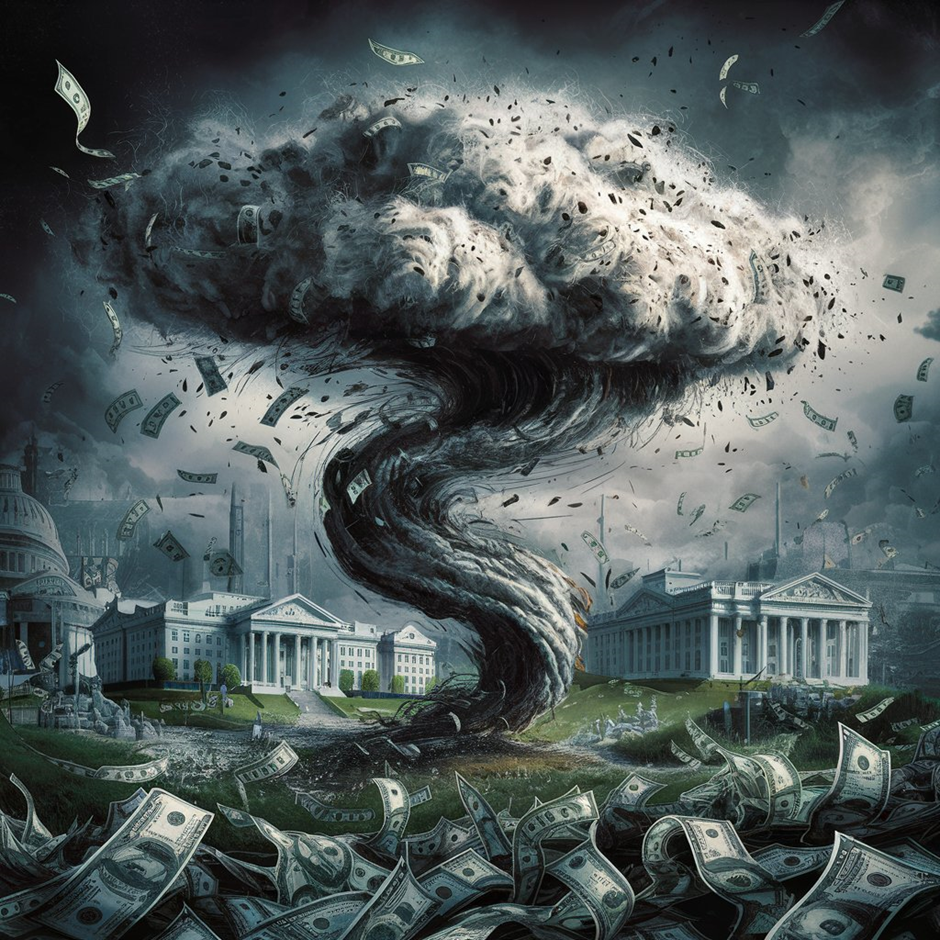In recent months, inflation has emerged as a significant concern for consumers and policymakers worldwide. The rising cost of living has squeezed household budgets and eroded purchasing power. While the causes of inflation are complex and multifaceted, some prominent figures have pointed towards government spending and regulation as key contributors. Among them is Elon Musk, the visionary entrepreneur behind Tesla, SpaceX, and Neuralink.
Elon Musk’s Perspective on Inflation
Elon Musk has been vocal about his concerns regarding inflation. He has leveraged his considerable social media following to express his views and engage in discussions on the topic. Here are some of the central tenets of Musk’s perspective on inflation:
- Government overspending as a primary driver: Musk contends that excessive government spending is a major culprit behind inflation. He argues that governments printing more money to finance spending programs devalues existing currency units, leading to price increases.
- The Covid-19 pandemic as a case study: Musk cites the Covid-19 pandemic as a prime example of how government spending can fuel inflation. The unprecedented stimulus measures implemented by governments worldwide to mitigate the pandemic’s economic impact undoubtedly injected significant amounts of money into the global financial system. This surge in liquidity, coupled with supply chain disruptions caused by the pandemic, contributed to inflationary pressures.
- Excessive regulation stifling economic growth: Musk argues that overly burdensome regulations can hinder economic productivity and innovation. He believes that excessive regulations can create inefficiencies and bottlenecks within the economy, ultimately leading to higher prices for consumers.
Examining the Arguments
Musk’s views on inflation have sparked debate among economists and financial experts. Let’s delve deeper into his arguments and consider the countervailing perspectives:
- Government spending and the money supply: There is a demonstrable link between government spending and the money supply. When governments spend more than they collect in taxes, they often resort to borrowing or printing new money. This can lead to an increase in the money supply, which can, in turn, contribute to inflation if not accompanied by corresponding growth in the production of goods and services.
- The role of government spending in economic stimulus: Keynesian economic theory posits that government spending can play a crucial role in stimulating economic activity during periods of recession or downturn. By injecting money into the economy, governments can boost aggregate demand and encourage businesses to invest and hire more workers. This can lead to economic growth, which can help mitigate inflationary pressures over the long term.
- The impact of regulation on economic efficiency: Regulations are often implemented to safeguard public health, safety, and environmental well-being. However, excessively complex or poorly designed regulations can create unnecessary burdens for businesses, hindering their ability to operate efficiently. This can lead to higher production costs, which can ultimately be passed on to consumers in the form of higher prices.
Finding the Right Balance
The relationship between government spending, regulation, and inflation is intricate. While excessive government spending and poorly designed regulations can undoubtedly contribute to inflation, they are not the only factors at play. Other factors such as global supply chain disruptions, energy price fluctuations, and geopolitical events can also significantly impact inflation.
Finding the right balance between government intervention, economic stimulus, and regulatory oversight is crucial for managing inflation effectively. Governments need to be mindful of the potential inflationary consequences of their spending policies while also recognizing the role of responsible fiscal management in fostering economic stability. Similarly, regulations should be designed to achieve their intended objectives without stifling innovation or economic growth.
The Road Ahead
The current inflationary environment presents a significant challenge for policymakers worldwide. Addressing inflation requires a multi-pronged approach that considers the complex interplay between government spending, regulation, global economic factors, and consumer behavior.
Central banks play a critical role in managing inflation through monetary policy tools such as interest rates. Raising interest rates can help to dampen demand and slow down economic growth, thereby reducing inflationary pressures. However, this approach can also have unintended consequences, such as slowing down economic activity and potentially leading to recession.
Governments can also play a part in mitigating inflation by implementing responsible fiscal policies. This may involve controlling spending, reducing budget deficits, and exploring ways to increase tax revenue efficiently. Additionally, streamlining regulations and fostering competition within the economy can help to improve efficiency and potentially reduce inflationary pressures.
Elon Musk’s concerns regarding the inflationary impact of government overspending and excessive regulation have merit. However, it’s essential to acknowledge the complexities involved and the role of other contributing factors. Finding the right balance between government intervention, economic stimulus, and regulatory oversight is key to navigating the current inflationary environment and ensuring long-term economic stability.
For more visit BRO(Brand Rebellion Outlaws).

